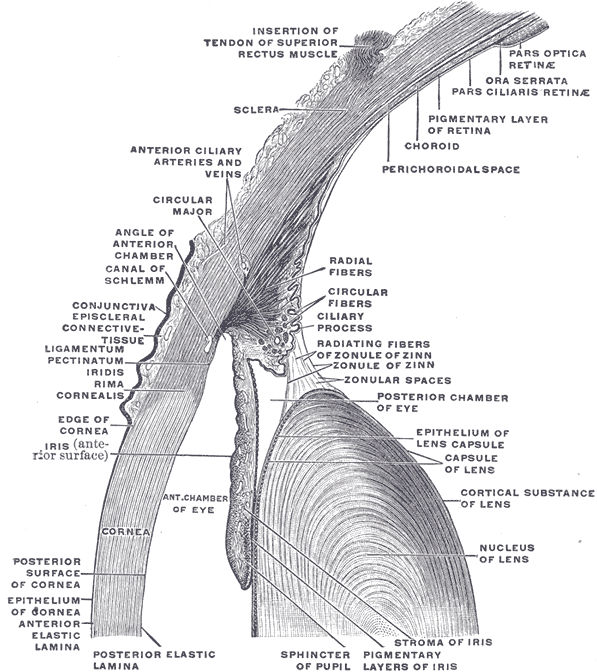FREQUENTLY ASKED QUESTIONS
How do I see one of the Doctors?
Contact the clinic for an appointment. Please note that in order to claim a rebate from Medicare you will need to visit your GP or optomotrist for a referral – which is typically valid for 12 or 3 months accordingly.
What is an ophthalmologist?
Ophthalmologists are medical doctors who have completed medical school, and an additional four years of specialised post-graduate training in ophthalmology. Many ophthalmologists also undergo additional specialised training in one of the many sub-specialities – e.g. Dr Wong specialises in Ocular-Motility.
Ophthalmology training equips eye specialists to provide the full spectrum of eye care, including the prescription of glasses and contact lenses, medical treatment and complex microsurgery. This additional training makes them a medical specialist just like a cardiologist, anaesthetist, gastroenterologist or gynaecologist.
An ophthalmologist in Australia and New Zealand is required to have undertaken a minimum of 12 years of training, comprising:
- 6-7 years at a medical school, graduating with a degree in medicine
- 2 years (minimum) as a newly qualified doctor undertaking basic medical training
- 5 years of ophthalmic specialist training and successful completion of examinations set by The Royal Australian and New Zealand College of Ophthalmologists (RANZCO). This includes up to 12,000 hours of training including surgery.
Many ophthalmologists are also involved in scientific research into causes and cures for eye diseases and vision problems.
How long does an appointment take?
This will vary according to your eye condition, and how busy the clinic is. Typically, the total time will be approximately 90 minutes.
Please note that it is possible that emergencies occur and these will naturally take precedence over scheduled appointments.
What should I bring to the appointment?
- A valid referral from a GP, optometrist or specialist
- Glasses and or contact lenses
- List of medications
- Medical records especially details of previous eye appointments, scans, and reports
- (optional) Sunglasses to assist with light sensitivity
Can I drive after an appointment?
As part of your consultation it may be necessary to administer medication which may affect your ability to drive. Either have someone to pick you up, or be prepared to wait a little while for the effects of the medication to wear off.
How much will it cost?
The costs vary according to what is performed during the appointment. If you require more detail, please contact the clinic – see “contacts”.
Is there a Medicare rebate?
Again, this depends on what procedures, if any, are performed. For more detail, please contact the clinic – see “contacts”. Again, please note that in order to claim a rebate from Medicare you will need to visit your GP or optometrist for a referral.
Payment Types?
All clinics accept cash, cheque or credit (Bankcard, Visa or Mastercard). Please note that you will be required to settle your account after the consultation.
